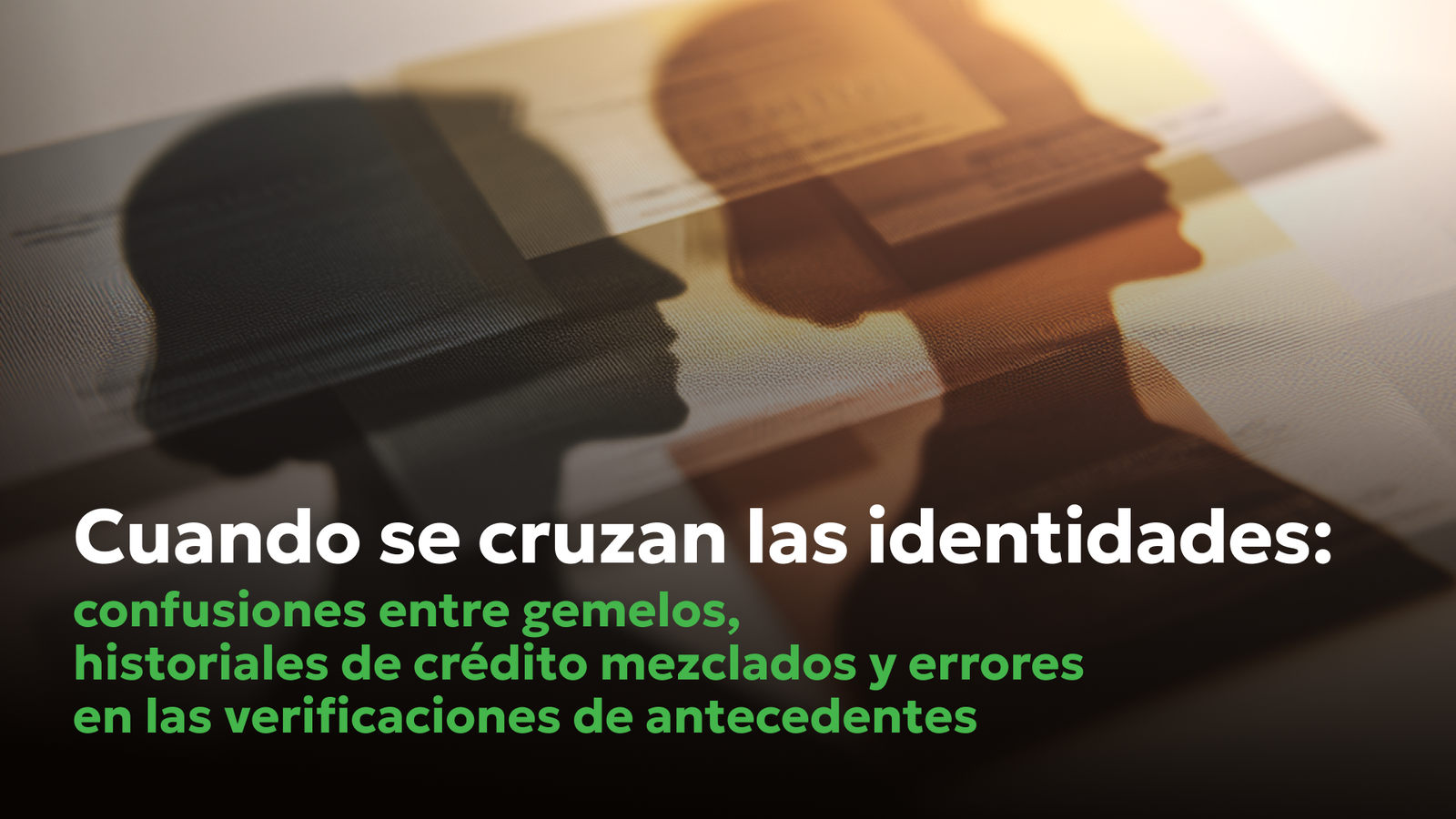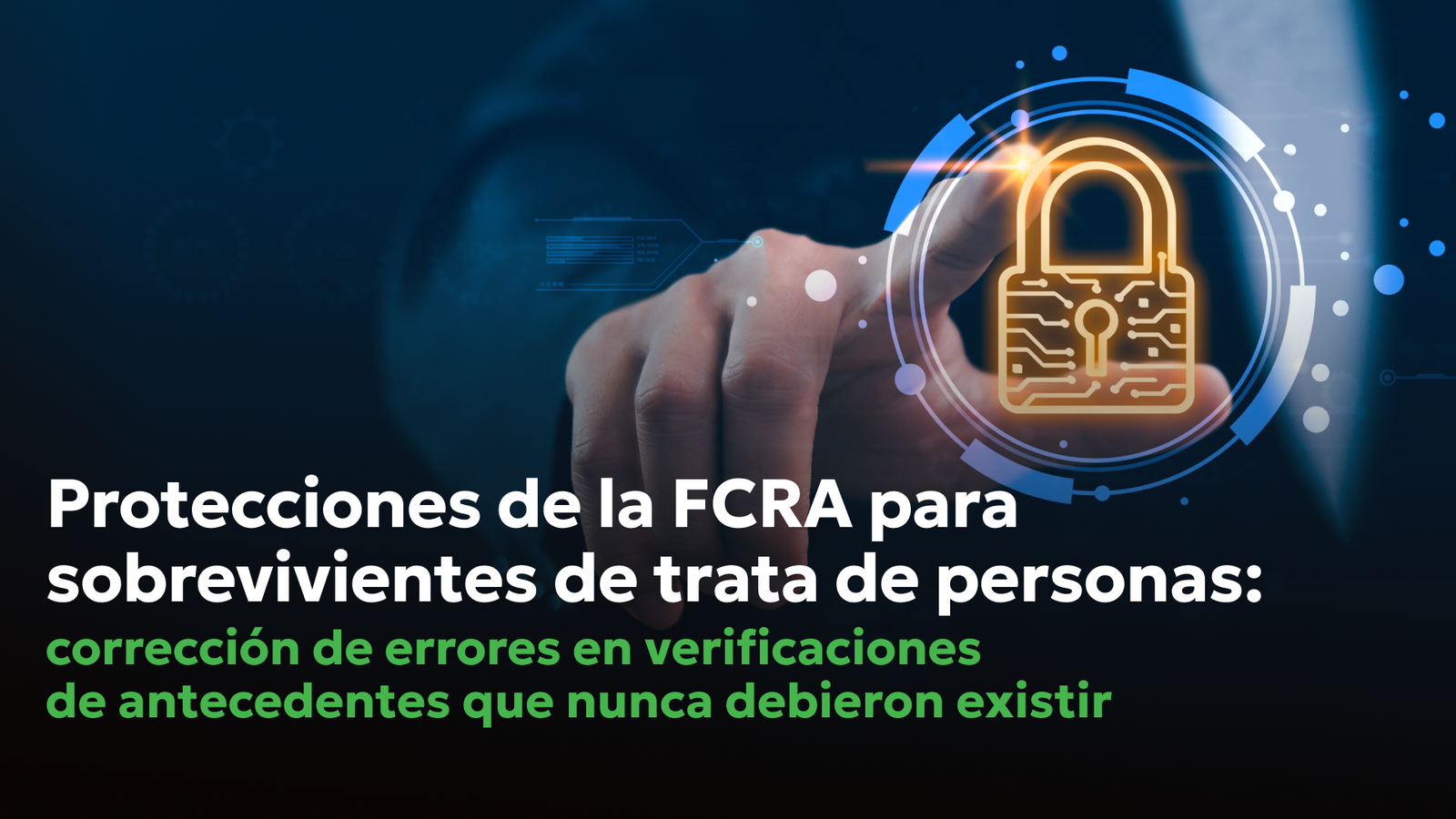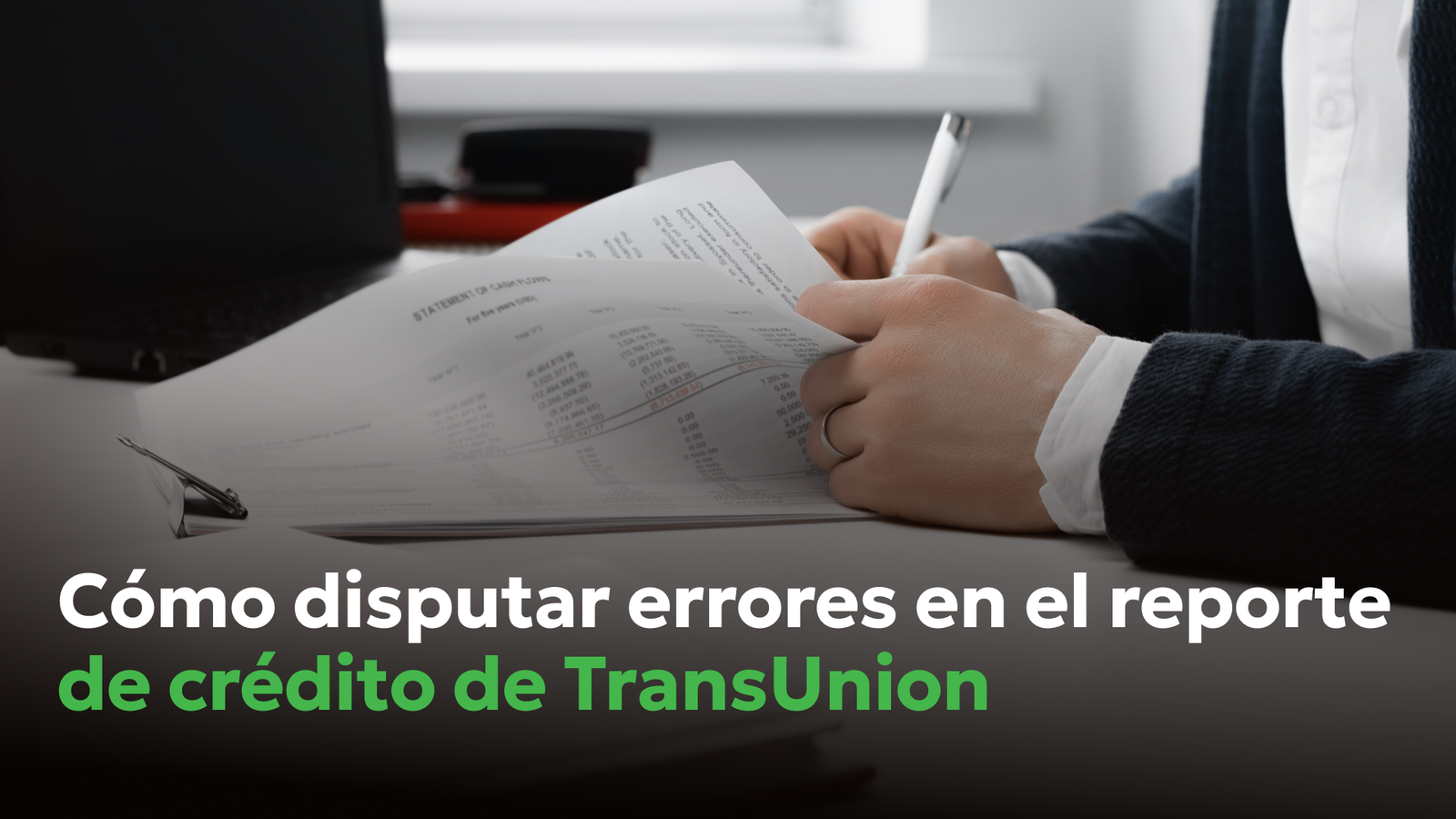¿Puede demandar a un banco por información crediticia errónea?
- Blog
- Inexactitudes en los Informes de Crédito
¿Puede demandar a un banco por información crediticia errónea?

¡No permita que los errores en los informes de su banco hagan que su puntuación baje! A continuación le explicamos cómo nuestros abogados pueden ayudarle a recuperarse.
Cuando usted elige un banco, confía en que éste trate su dinero y su información con cuidado. Si su banco reporta información inexacta a las agencias de crédito, puede causar que su puntuación de crédito se vea afectada negativamente. Si se encuentra en una situación en la que está luchando para que su banco corrija los errores, siga leyendo para saber cómo puede ayudarle nuestro bufete.
Sí, es posible demandar a un banco cuando su informe de crédito contiene información inexacta o incompleta. La FCRA (Fair Credit Reporting Act) garantiza que las agencias de informes y los proveedores de información crediticia, como los bancos, sean precisos y veraces a la hora de gestionar las disputas crediticias y exige que corrijan los errores inmediatamente. Cuando se infringe la FCRA y no se corrige la información disputada, los consumidores pueden demandar al banco, a las agencias de informes de los consumidores (agencias de crédito) y a cualquier otra entidad que haya contribuido a perjudicarles.
Cómo demandar a su banco para que corrija su informe crediticio
Si desea demandar a su banco en virtud de la FCRA, el proceso es similar al demandar a las agencias de crédito, pero hay algunos matices. Sin embargo, los pasos serán muy similares. Si su banco está reportando información inexacta y perjudicial a las agencias de crédito que está dañando su puntuación de crédito, los primeros pasos a seguir antes de presentar una demanda se llama el proceso de disputa. El proceso de disputa suele ser un paso importante en el proceso legal si quiere demandar porque demuestra que actuó de buena fe al intentar corregir los errores antes de acudir a los tribunales. A continuación le indicamos los pasos iniciales que puede dar:
- Contacte a un abogado. Puede iniciar el proceso de disputa contactando abogados de disputas de crédito que tienen experiencia demandando a bancos y burós de crédito.
- Obtenga una copia de su informe de crédito. Obtenga una copia de su informe de crédito y verifique si hay información incorrecta. Tiene derecho a un copia gratuita de su informe de crédito.
- Seleccione todos los errores. Identifique todos los errores que encuentre. Marcar todos los errores le ayudará a usted y a su abogado a redactar las cartas de disputa.
- Redacte cartas de disputa. Escriba una carta que explique claramente los errores que está disputando. Debe solicitar que se eliminen los errores y proporcionar documentación de respaldo. Este paso puede ser tedioso porque sus cartas deben redactarse con especificidad e incluir suficientes documentos justificativos. Si no lo ha hecho, este sería un buen momento para contactar a un abogado.
- Envíe las cartas de disputa. Le sugerimos enviar las cartas de disputa por correo certificado. Hacerlo normalmente requiere que renuncie a menos derechos.
- Haga un seguimiento. La mayoría de las disputas deben investigarse dentro de 30 dias. En algunos casos, puede tardar menos de 30 días.
- Presente una demanda. Si disputa errores y hace un seguimiento con su banco solo para descubrir que sus disputas han sido ignoradas, puede demandar a su banco por informes crediticios falsos.
Si decide presentar una demanda, debe trabajar con abogados de protección al consumidor que cuentan con más de 75 años de experiencia combinada ganando casos contra empresas por informes erróneos.
¿Quiere demandar a su banco? ¡Contacte con Consumer Attorneys!
¡Comuníquese con Consumer Attorneys lo antes posible! Nuestro equipo tiene experiencia en responsabilizar a las partes por informes falsos. Nuestros abogados experimentados pueden manejar tanto el proceso de disputa como el litigio por usted. Brindamos asistencia invaluable al iniciar el proceso de disputa y enviar cartas a las agencias de crédito y proveedores de datos (bancos), negociar con el banco (cuando sea posible) y también presentar una demanda.
Contactando con abogados de derecho del consumidor puede ayudar a acelerar el proceso de disputa de acuerdo con los requisitos de la FCRA, garantizando que los errores se corrijan rápidamente y que usted obtenga la cantidad máxima de daños (dinero) por los daños que ha sufrido.
Preguntas más frecuentes
Existen varias opciones para disputar un informe crediticio incorrecto, entre ellas disputar los errores y presentar una demanda. Puede enviar a las agencias de informes crediticios y a los bancos una carta oficial cuestionando la información errónea. La ley (FCRA) obliga a las agencias de informes crediticios a investigar toda la información disputada en un plazo de 30 días. Si sus disputas no son atendidas, usted tiene derecho a tomar acciones legales mediante la presentación de una demanda. Su abogado puede ayudarle a obtener un acuerdo sin acudir a los tribunales o litigar su caso con el fin de recuperar el dinero por el daño que ha sufrido debido a los errores.
Sí, puede demandar a un banco por informar incorrectamente sobre su crédito, lo que afecta negativamente a su puntuación crediticia. No puede demandar a un banco por informar de actividades que creía legítimas, pero que resultaron ser fraudulentas. Pero, si un banco continúa "arruinando su crédito" incluso después de que usted les haya notificado que los cargos son fraudulentos, usted puede iniciar una demanda y reclamar daños y perjuicios (dinero) por la información errónea que fue reportada sobre usted a las agencias de crédito. Las agencias de crédito y los proveedores de datos (como los bancos) están legalmente obligados a proporcionar información actualizada y correcta cuando comunican datos de acuerdo con la Ley de Informes de Crédito Justos (FCRA). Si usted ha notificado a un banco la información incorrecta y ellos continúan reportando esa información a las agencias de crédito, lo que lleva a la destrucción de su crédito, puede mencionarlo en su demanda.
Hay varias partes responsables de "corregir" los errores crediticios. Usted, el consumidor, es el primer responsable de corregir su crédito. Su crédito es su responsabilidad, por lo que es fundamental que continúe controlando su informe y disputando los errores cuando los encuentre. Además, es responsabilidad de la empresa que proporciona la información inexacta corregir los errores (como los bancos y las agencias de crédito). Las entidades que proporcionan la información inexacta están obligadas a suministrar información correcta y actualizada que refleje con exactitud su perfil crediticio, especialmente si usted ha disputado la información. Seguir facilitando información falsa es una violación directa de las obligaciones que les impone la ley federal.


Daniel Cohen es el fundador de Consumer Attorneys. Daniel gestiona los esfuerzos de branding, marketing, captación de clientes y desarrollo de negocio de la firma. Desde 2017 es miembro de la Asociación Nacional de Defensores del Consumidor y del Centro Nacional de Derecho del Consumidor. Es reconocido nacionalmente en la protección de los consumid... Leer más





Artículos relacionados




R
ES™Usted no asume ningún gasto. La ley exige que ellos paguen.


